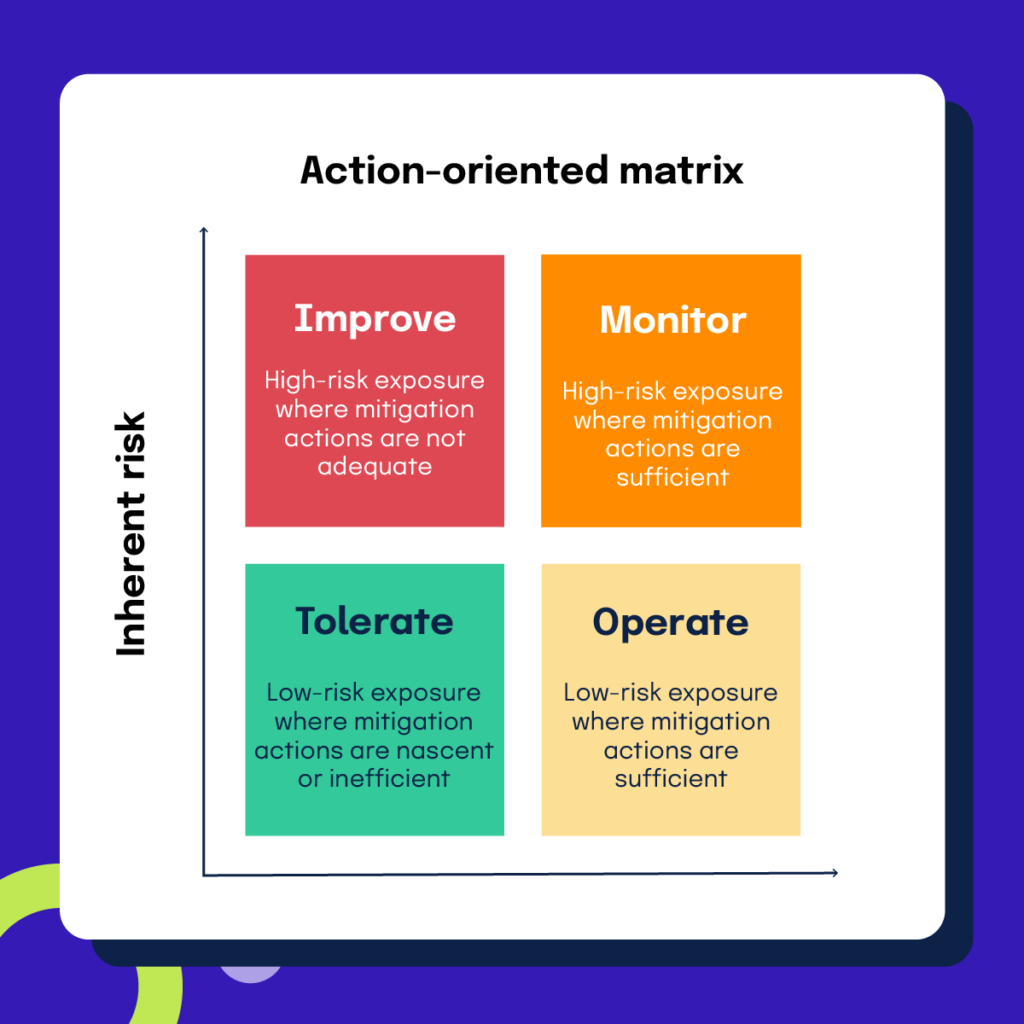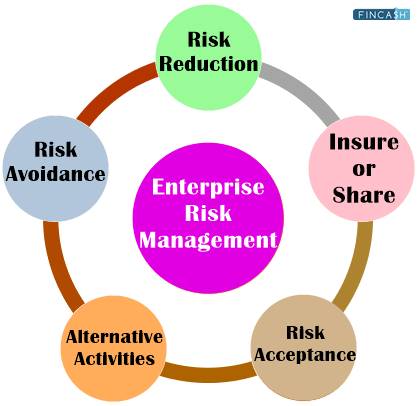Check out the Function of AI in Supporting Ethics and Integrity to Battle Expert Threats Effectively
The combination of AI in business structures has become pivotal in dealing with expert hazards. By employing sophisticated analytics and real-time surveillance, AI systems can identify variances from moral actions amongst staff members (Insider threats). This aggressive strategy not just boosts compliance but also fosters an environment of count on. As business progressively rely upon these modern technologies, inquiries emerge concerning their performance and possible effects for workplace society. What exists ahead in the development of AI's function in promoting stability?
Understanding Insider Threats and Their Impact on Organizations
Although organizations frequently concentrate on outside risks, insider threats pose a substantial threat that can threaten protection and honesty. These risks emerge from individuals within the organization, such as employees or professionals, who may misuse their access to delicate info for personal gain or harmful intent. The impact of expert dangers can be extreme, bring about financial losses, reputational damages, and legal implications.
Aspects adding to expert threats include discontentment with the work environment, lack of oversight, and insufficient staff member training on safety and security protocols. Organizations frequently struggle to identify these threats, as they can be tough to spot up until substantial damages has actually happened. Avoidance strategies must concentrate on fostering a culture of trust and accountability, along with executing durable tracking and reporting systems. By recognizing and resolving the complexities of insider risks, organizations can enhance their protection posture and secure their valuable properties from interior dangers.
The Evolution of AI in Work Environment Safety And Security
As organizations progressively face diverse safety challenges, the integration of expert system (AI) in work environment protection has advanced substantially. At first, AI applications concentrated mostly on automating fundamental safety methods, such as accessibility control and monitoring. Nevertheless, innovations in artificial intelligence and information analytics have transformed AI into an aggressive device with the ability of recognizing potential hazards and susceptabilities in real-time.
Organizations now leverage AI-driven systems to analyze vast amounts of data, allowing them to spot anomalous actions that may suggest expert risks. This evolution has brought about the advancement of sophisticated algorithms that can find out from historical cases, enhancing the system's predictive abilities. Additionally, AI tools are significantly used to streamline incident action procedures, enabling protection teams to act promptly and successfully.
Just How AI Monitors Staff Member Habits for Ethical Compliance
Fabricated knowledge plays a vital role in checking worker habits to ensure ethical conformity within companies. AI systems assess huge amounts of information created by workers, including communications, deals, and accessibility to sensitive information. By using advanced formulas, these systems can identify variances from developed honest criteria and firm plans.
Device learning versions constantly adapt to acknowledge patterns of habits that might show honest breaches, such as unapproved information access or uncommon purchase tasks. Insider threats. On top of that, AI-driven devices can give real-time notifies to management, promoting prompt interventions when potential dangers are spotted
The assimilation of AI into compliance tracking not only enhances the company's capability to support stability but also cultivates a culture of liability amongst staff members. By advertising openness, AI systems act as a deterrent versus unethical habits, guaranteeing that staff members continue to be straightened with ethical standards and organizational values.
Analyzing Patterns: Determining Risky Habits With AI
A growing variety of organizations are leveraging AI to analyze patterns that might indicate dangerous behavior among employees. By making use of advanced formulas, these systems can filter via large quantities of information, recognizing abnormalities in individual habits that can recommend prospective insider risks. For circumstances, AI can discover uncommon accessibility patterns to delicate information, such as workers accessing data outside their usual extent of work or during irregular hours. Additionally, behavior analytics can highlight frequent adjustments in a worker's communication design or cooperation practices, which might symbolize underlying issues. This aggressive method enables organizations to determine danger variables before they rise into substantial risks. The integration of AI right into checking practices not just boosts safety and security however also promotes a society of accountability and moral behavior. By determining these patterns, companies can much better recognize the behavioral dynamics within their workforce, eventually advertising a much safer and extra ethical work atmosphere.
Real-Time Insights: Immediate Feedbacks to Potential Risks
Real-time insights with anticipating analytics and automated sharp systems play a vital duty in addressing potential threats to ethics and stability. By leveraging these modern technologies, companies can prepare for high-risk actions and react promptly to mitigate risks. This proactive strategy improves responsibility and promotes a culture of stability in different atmospheres.
Predictive Analytics Applications

Automated Alert Equipments
Anticipating analytics supplies a foundation for companies to improve their responsiveness to honest concerns via automated sharp systems. These systems utilize real-time information to check activities, finding anomalies Look At This that might symbolize prospective expert dangers. By leveraging device learning formulas, automated alerts can recognize patterns of habits that differ established standards, allowing for speedy intervention. This immediacy is essential in mitigating threats connected with dishonest practices. Automated alert systems can enhance communication among pertinent stakeholders, guaranteeing that possible threats are attended to promptly and efficiently. As companies increasingly depend on AI-driven solutions, the combination of automated sharp systems will play an essential role in promoting a society of ethics and honesty, ultimately securing business assets.
Promoting a Society of Depend On With AI-Driven Openness
AI-driven openness can greatly improve depend on within companies by advertising accountability and open communication. With real-time surveillance remedies, stakeholders can gain insights into processes and decision-making, promoting a culture of stability. Data-driven decision-making additionally sustains this openness, making it possible for educated selections that align with ethical standards.
Enhancing Transparency and Accountability
How can organizations successfully cultivate a society of trust fund? By boosting openness and accountability through the strategic use artificial intelligence. AI can assist companies methodically track decision-making processes, making sure that actions line up with well established honest requirements. This transparency allows staff members to see the reasoning behind plans and decisions, lowering uncertainty and promoting a sense of justness. Furthermore, AI-driven tools can help with clear interaction pertaining to obligations and expectations, encouraging individuals to take ownership of their activities. As liability ends up being ingrained in the business culture, staff members are a lot more likely to participate in honest behavior, recognizing their actions are monitored and reviewed. Eventually, this approach grows an environment where trust can grow, considerably minimizing the danger of insider risks.
Real-Time Monitoring Solutions
As companies increasingly seek to promote a society of trust, real-time tracking options emerge as a pivotal device in enhancing openness. These AI-driven systems continually track activities, giving insights right into user habits and potential anomalies that might indicate expert threats. By applying such monitoring remedies, organizations can proactively determine threats, guaranteeing punctual responses to questionable tasks. This not only safeguards sensitive details however additionally reinforces a commitment to moral practices. The transparent nature of real-time tracking helps build worker self-confidence, as people are mindful that their activities are being observed for the greater good. Eventually, these solutions serve to cultivate a workplace atmosphere based you can look here in depend on, accountability, and ethical stability, crucial for mitigating insider risks successfully.

Data-Driven Choice Making
Real-time surveillance remedies prepared for data-driven decision making, which considerably boosts business transparency. By leveraging AI technologies, organizations can analyze large quantities of data to determine patterns and abnormalities a measure of possible insider threats. This logical strategy makes it possible for stakeholders to make enlightened choices grounded in empirical proof, cultivating a society of count on among staff members. Openness in decision-making processes, reinforced by AI-driven insights, urges liability and moral habits. Furthermore, it allows organizations to proactively resolve susceptabilities, making certain that activities taken are justified and communicated plainly. Because of this, the application of data-driven techniques not only reduces threats linked with insider threats yet likewise reinforces the worths of stability and ethical conduct within the business framework.
Future Fads: The Function of AI in Enhancing Workplace Ethics
While companies progressively turn to artificial knowledge for operational performance, the capacity of AI to enhance work environment ethics is gaining prestige. Future trends suggest that AI will play an important duty in establishing moral frameworks and standards, allowing organizations to browse complicated ethical problems. By assessing large quantities of data, AI can recognize patterns of dishonest actions and supply understandings that advertise openness and accountability.
Moreover, AI-driven tools can assist in real-time monitoring of worker communications, assuring adherence to ethical requirements. This aggressive strategy not only reduces expert hazards however additionally cultivates a culture of stability. As organizations welcome AI modern technologies, they should likewise prioritize honest shows and mathematical prejudice decrease to guarantee fairness.
In this progressing landscape, the assimilation of AI in ethical practices represents a transformative shift, promoting a setting where honesty is not merely expected but systematically strengthened.
Regularly Asked Questions
How Does AI Differentiate Between Benign and Malicious Actions?
AI sets apart between destructive and benign actions by examining patterns in customer habits, utilizing artificial intelligence algorithms to identify anomalies, and examining contextual information to determine whether activities straighten with established norms or exhibit possible hazards.
Can AI Devices Replace Person Judgment in Ethical Decision-Making?
AI tools can not totally change human judgment in honest decision-making. While they can analyze information and recognize patterns, the nuanced understanding of context, values, and moral effects still calls for human insight and discernment.
What Are the Privacy Effects of AI Monitoring Staff Member Habits?

Exactly How Can Organizations Make Sure AI Algorithms Are Ethically Designed?
Organizations can assure AI formulas are ethically designed by implementing transparent growth processes, involving varied stakeholders, carrying out routine audits, and adhering to well-known moral frameworks that prioritize justness, responsibility, and respect for customer privacy and rights.
What Training Is Required for Personnel to Understand Ai's Moral Function?
Staff training need to include foundational AI values, data privacy, and bias recognition. Workshops, situation studies, and interactive sessions can boost understanding, guaranteeing staff members acknowledge AI's moral ramifications and its role in promoting integrity within the organization.
Synthetic knowledge plays a necessary role in checking employee habits to guarantee honest conformity within companies. The integration of AI into checking methods not only improves security however also cultivates a culture of responsibility and moral behavior. While organizations progressively deal with moral dilemmas and prospective honesty breaches, predictive analytics applications use prompt insights that can help minimize these risks. Predictive analytics supplies a foundation for organizations to boost their responsiveness to ethical worries via automated alert systems. Future patterns show that AI will certainly play a vital duty in developing honest structures and standards, allowing organizations to browse complicated moral predicaments.